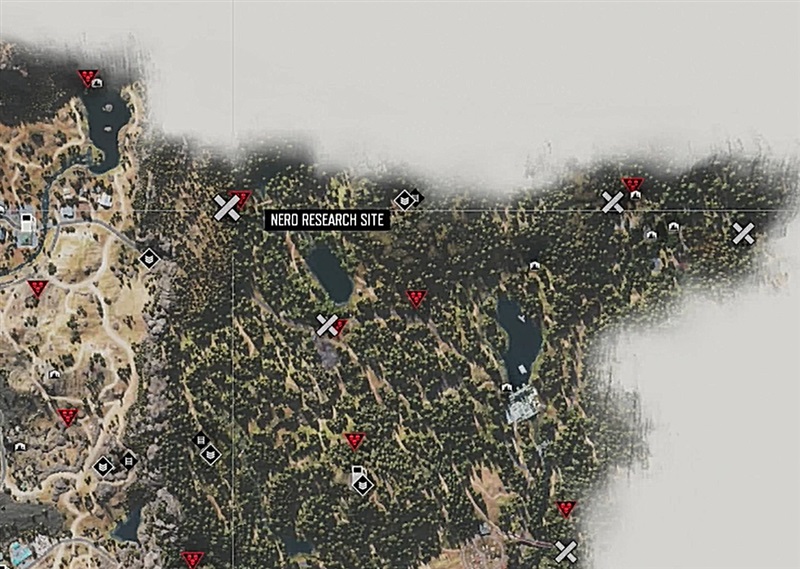Today’s digital world requires investigators fork checkpoint to search for innovative techniques that enhance their investigative techniques and gather critical evidence. One such technique that has recently gained prominence is “forking checkpoints.” In this article, we explore the significance, methodologies, challenges, and future trends of forking checkpoints among investigators.

Investigative Fork Checkpoint
Investigator’s Fork Checkpoint refers to the practice of creating divergent paths during an investigative process in order to pursue potential leads or preserve evidence without altering original data. This allows investigators to conduct thorough examinations while upholding integrity in their primary investigation.
Understanding the Concept of Checkpoints
Checkpoints serve as important landmarks during an investigation, marking significant points where evidence is gathered, evaluated and documented. Checkpoints help create a structured approach to investigations while simultaneously making retrieving necessary information more manageable and accessible for analysis and presentation purposes.
Importance of Forking Checkpoints
Investigative forking allows investigators to investigate multiple avenues simultaneously, increasing their odds of discovering crucial clues or evidence more quickly. Furthermore, its flexibility and adaptability allow investigators to adapt quickly based on emerging information or leads.
Factors Involved in Forking a Checkpoint
Investigators must consider several factors when making their decision about forking a checkpoint, including its complexity, evidence’s importance and available resources. Investigators must also carefully consider and weigh all potential outcomes prior to proceeding with forking it.
Methods Used in Forking Checkpoints
There are various techniques employed in forking checkpoints, ranging from digital forensic techniques to traditional investigative procedures. These may include creating multiple copies of digital evidence, conducting parallel investigations, or engaging specialised teams to explore alternative leads.
Challenges and Risks Associated with Forking Checkpoints
While forking checkpoints offer numerous advantages, they also present several risks and challenges to investigators, including data corruption risks, resource constraints, and legal ramifications. Investigators must navigate these difficulties carefully in order to protect the integrity and effectiveness of their investigation process.
Best Practices for Effective Checkpoint Forking
In order to minimize risks and maximize effectiveness when setting checkpoints, investigators should adhere to best practices when setting them. This may involve maintaining detailed documentation, implementing robust data management protocols, and working closely with relevant stakeholders.
Real-Life Examples of Forking Checkpoints in Investigations
Its Numerous real-life examples illustrate the effectiveness of forking checkpoints in investigations. From high-profile criminal cases to corporate fraud probes, forking has led to breakthroughs and convictions, emphasising its vital place within modern investigative practices.
Tools and Technologies Used in Forking Checkpoints
Advancements in technology have led to the development of specialised tools and software designed for forking checkpoints, aiding investigators in protecting evidence, analysing data efficiently, and managing complex investigations efficiently.
Legal and Ethical Considerations in Forking Checkpoints
While forking checkpoints can be an invaluable investigative tool, investigators must carefully navigate their legal and ethical considerations in order to protect both the integrity and admissibility of evidence obtained through forking. Investigators at the fork checkpoint must adhere to relevant laws, regulations, and ethical guidelines in order to guarantee the admissibility of evidence gained through forking.
Future Trends in Investigative Techniques
With technology advancing rapidly, investigative techniques are also changing rapidly. Future trends could include advances such as artificial intelligence, blockchain technology, and decentralised investigation platforms that revolutionise how investigations are carried out.
Conclusion
Forking checkpoints represent a radical transformation in investigative practices, offering greater flexibility, efficiency, and effectiveness. By learning the intricacies of forking and adapting best practices accordingly, investigators can tackle complex cases confidently and achieve successful results.





